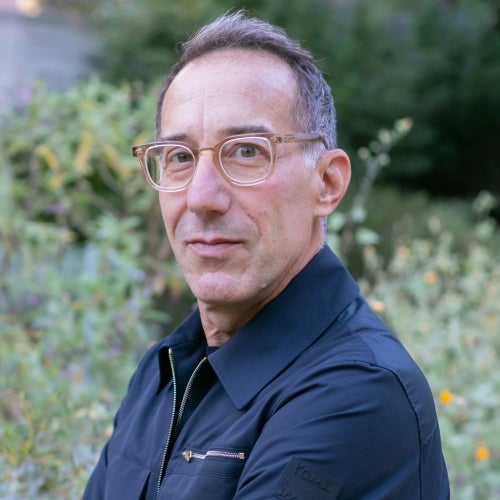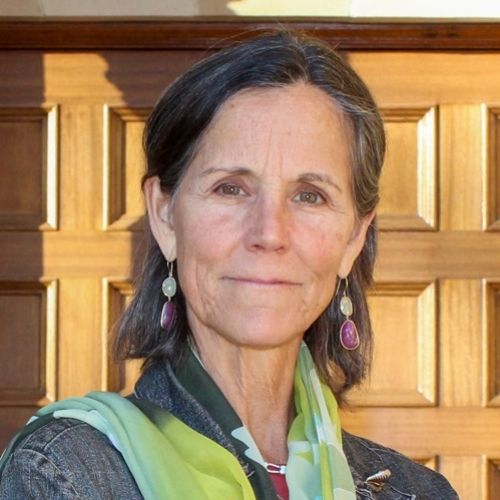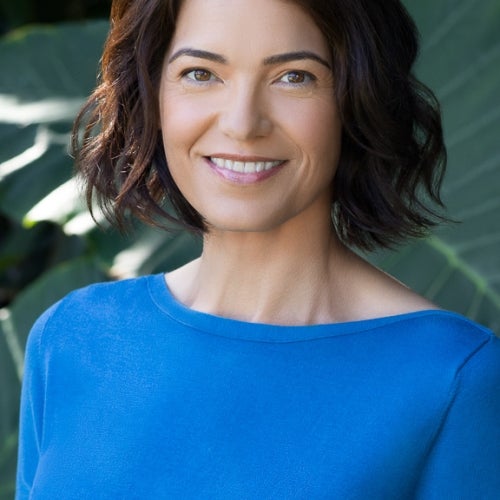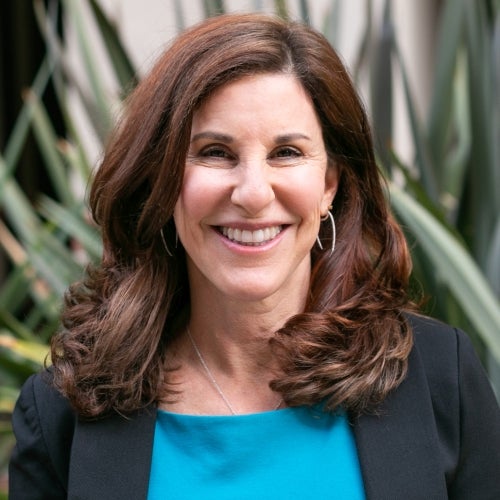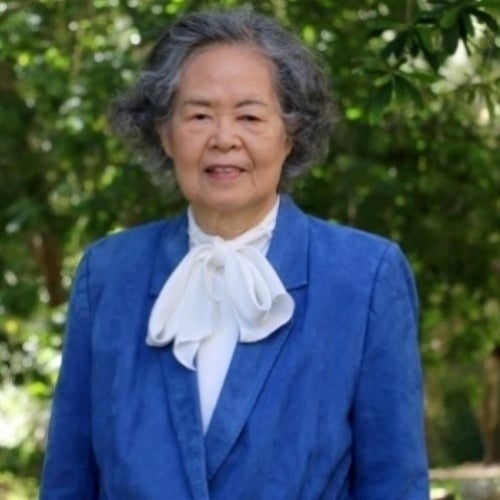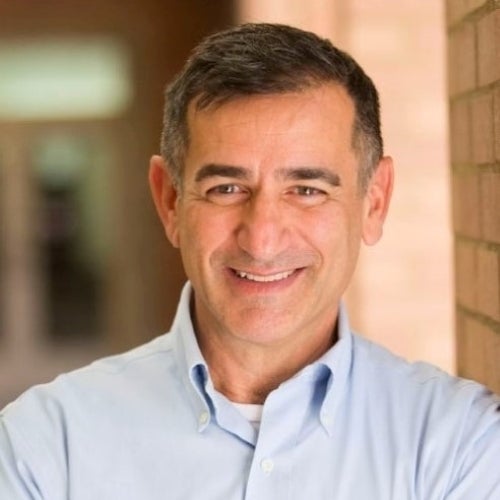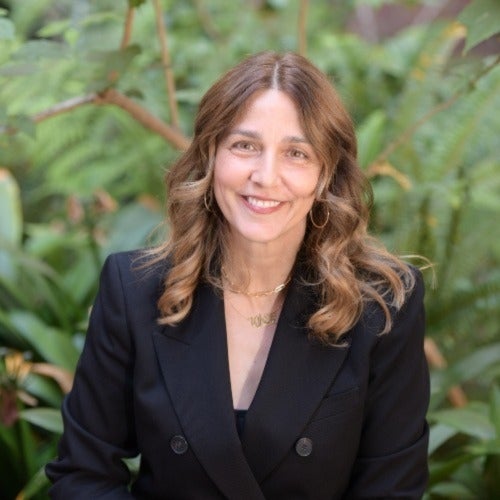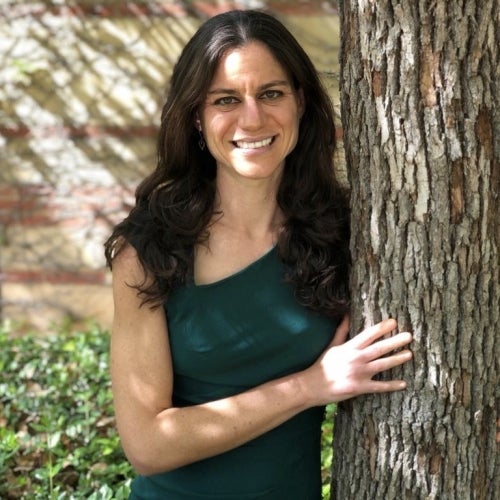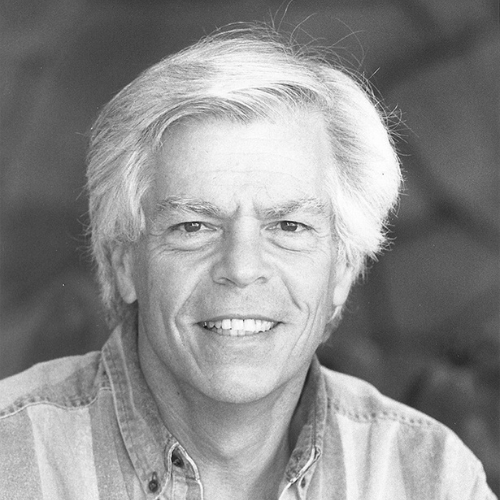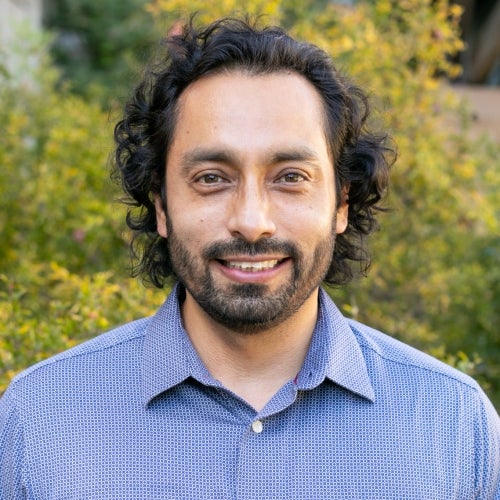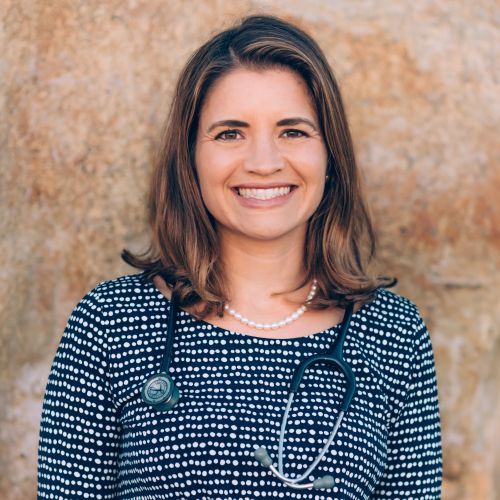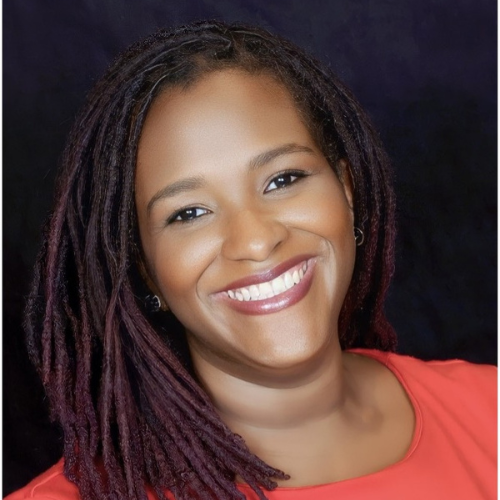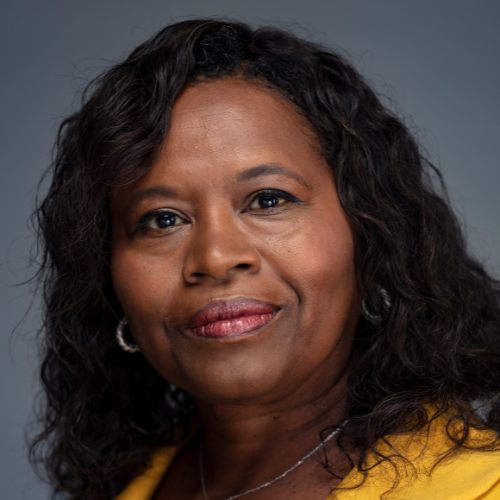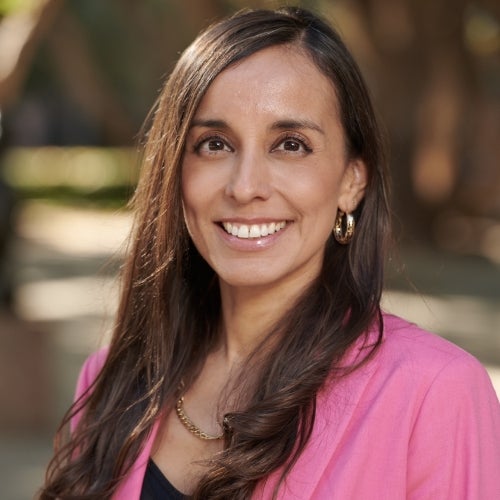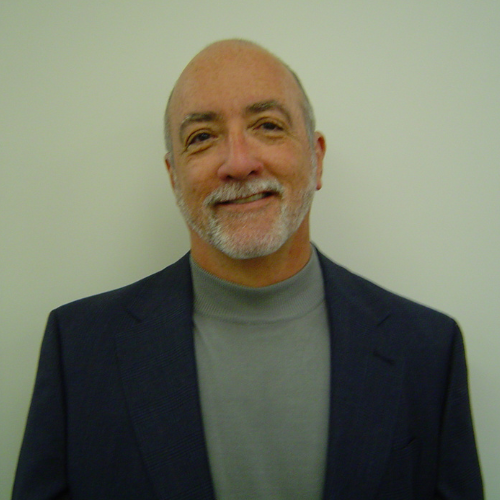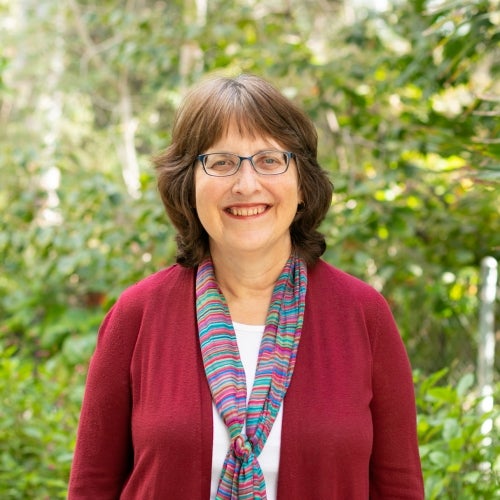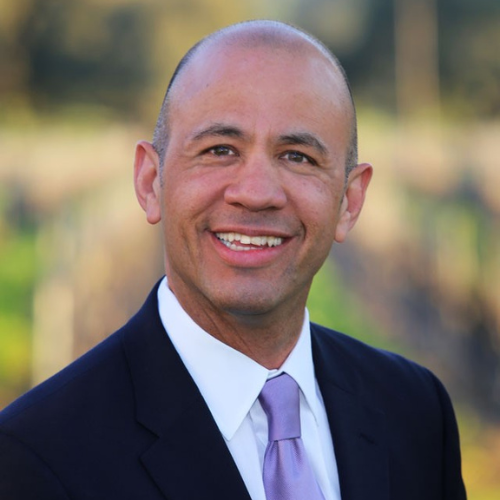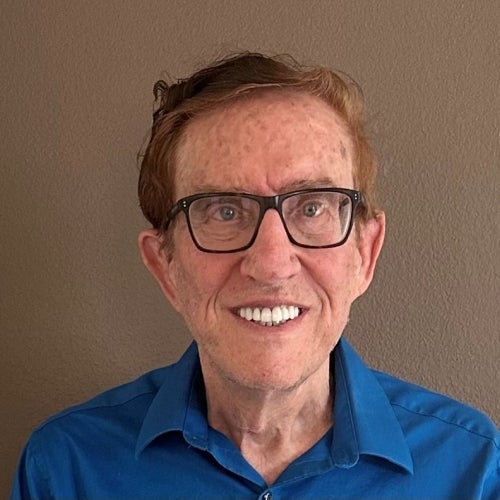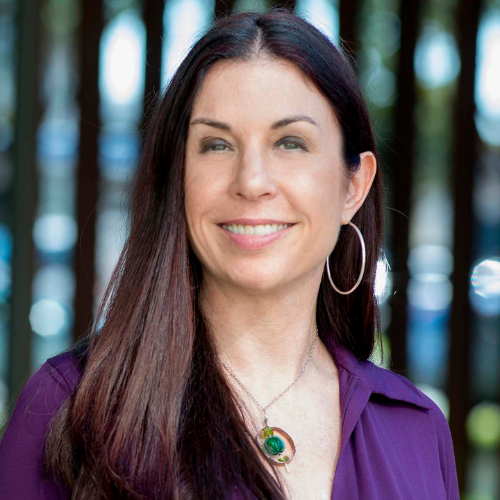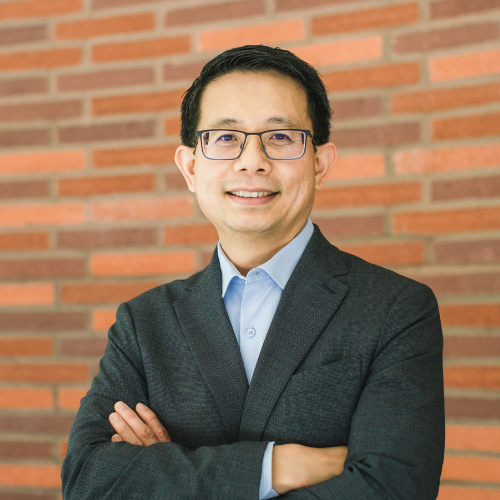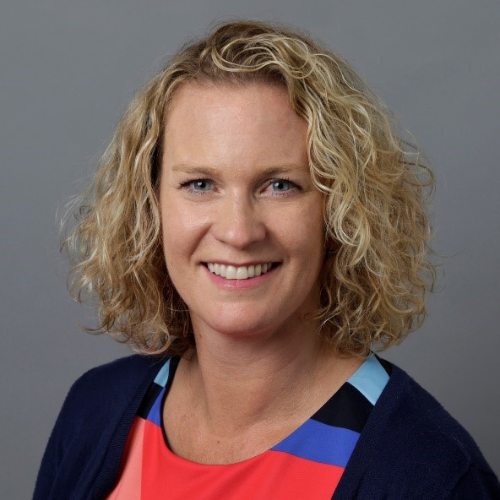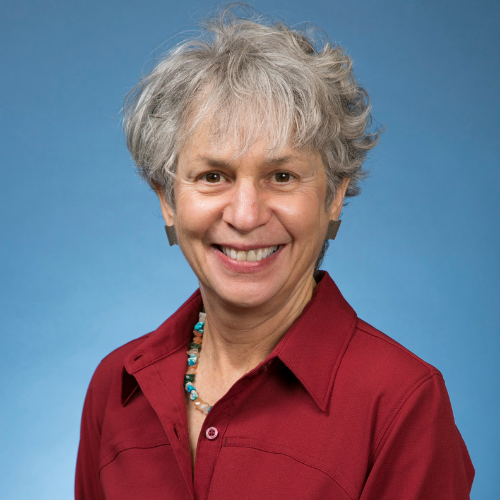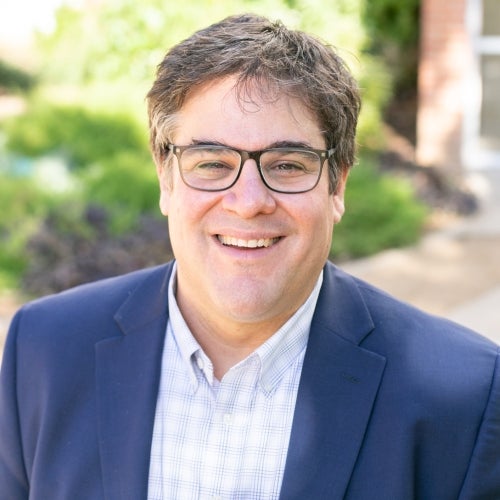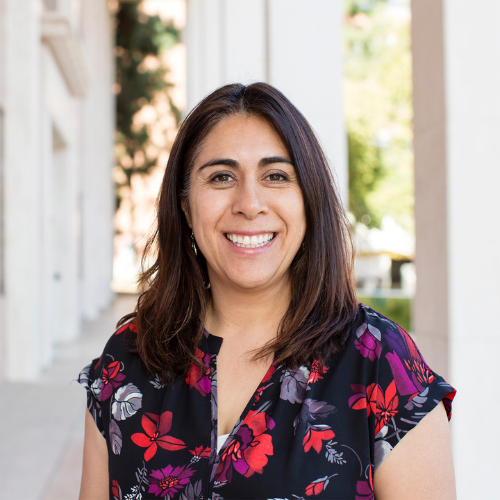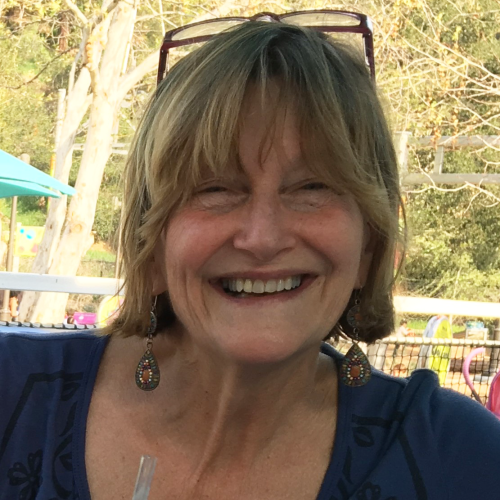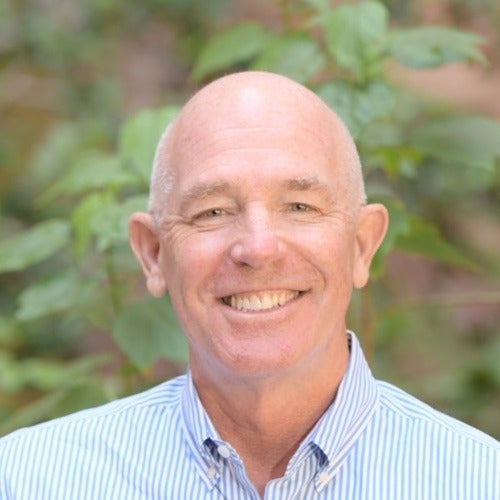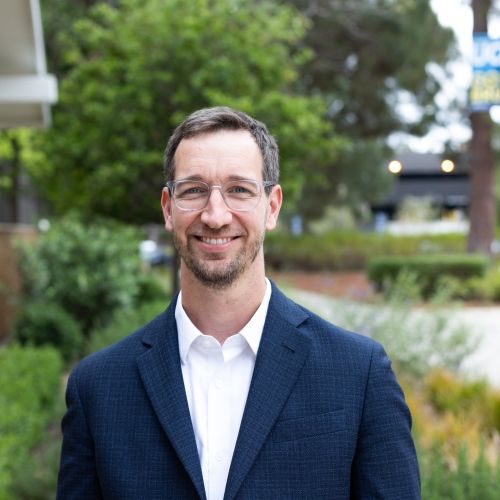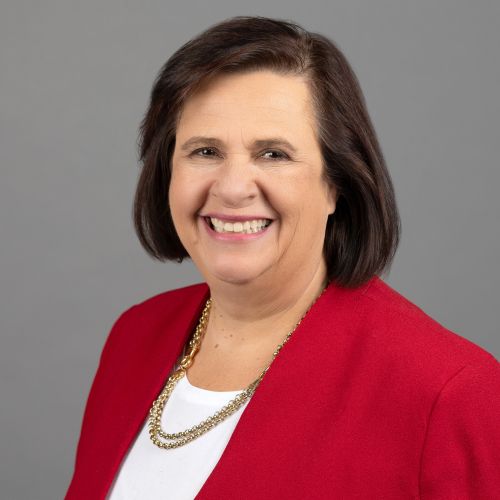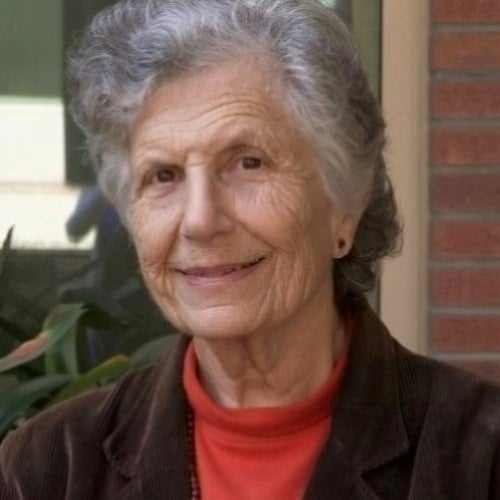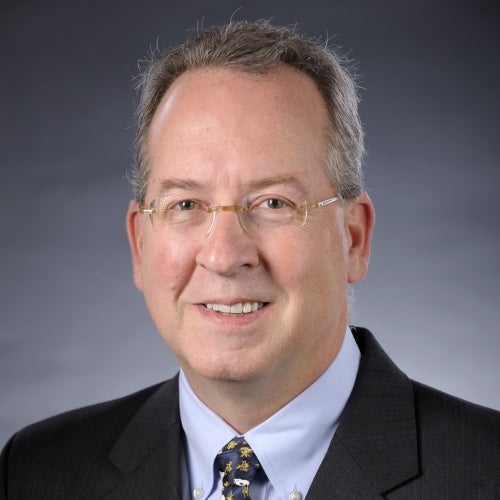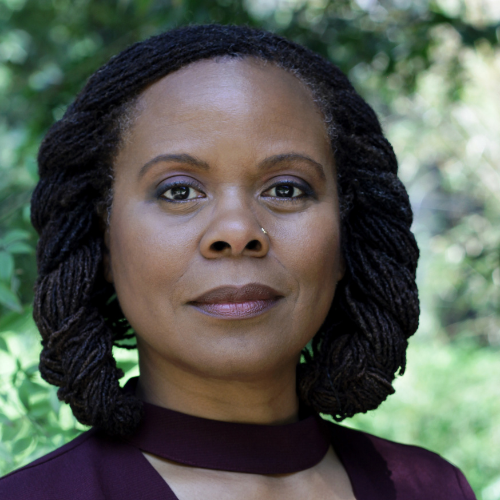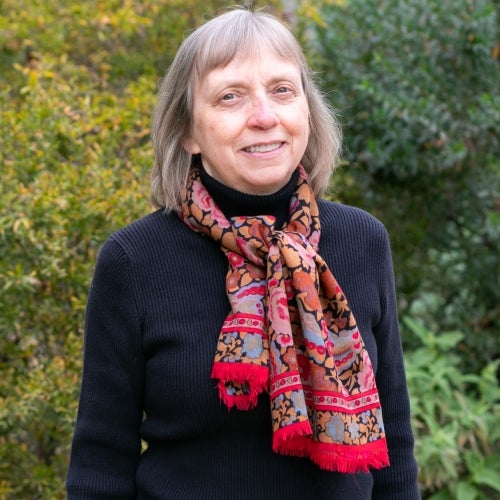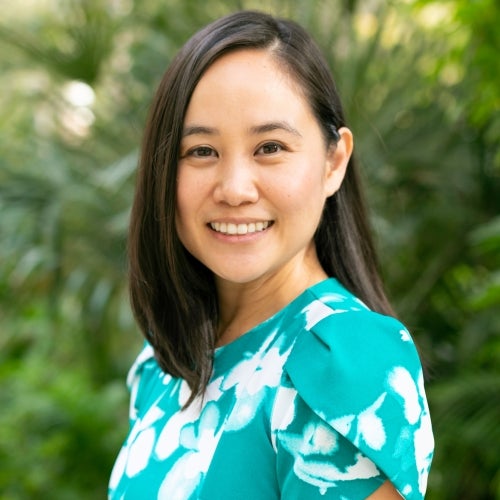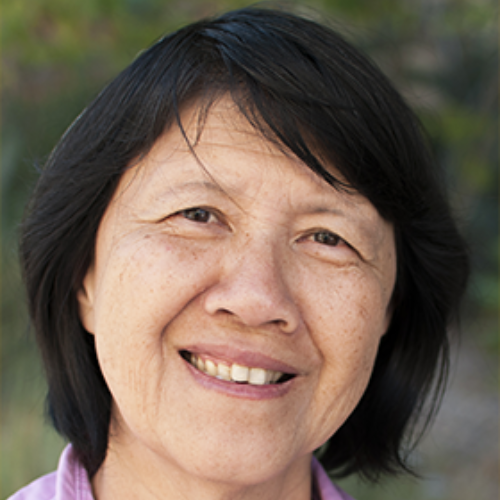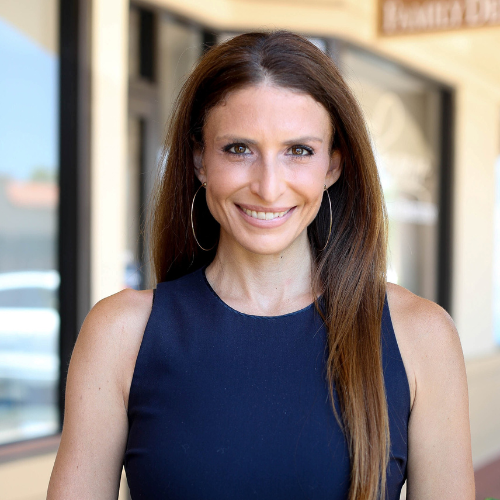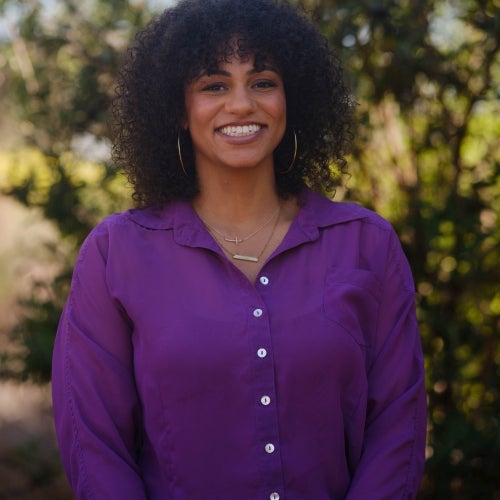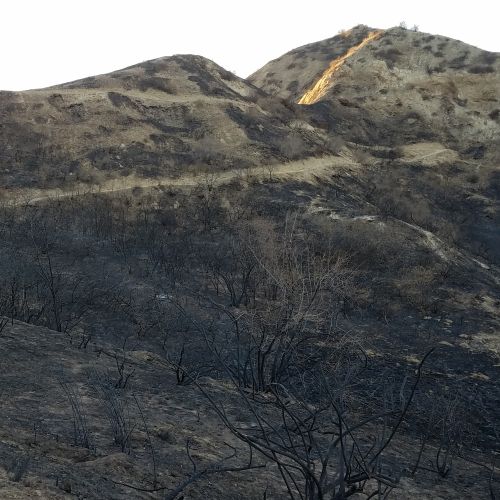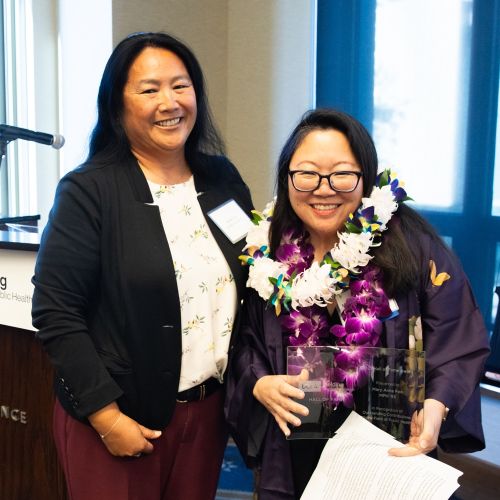"How the U.S. learned to stop worrying about COVID-19"
Governing interviewed Dr. David Eisenman about the decision this month by Congress to delay action on new funding for COVID-19 relief.
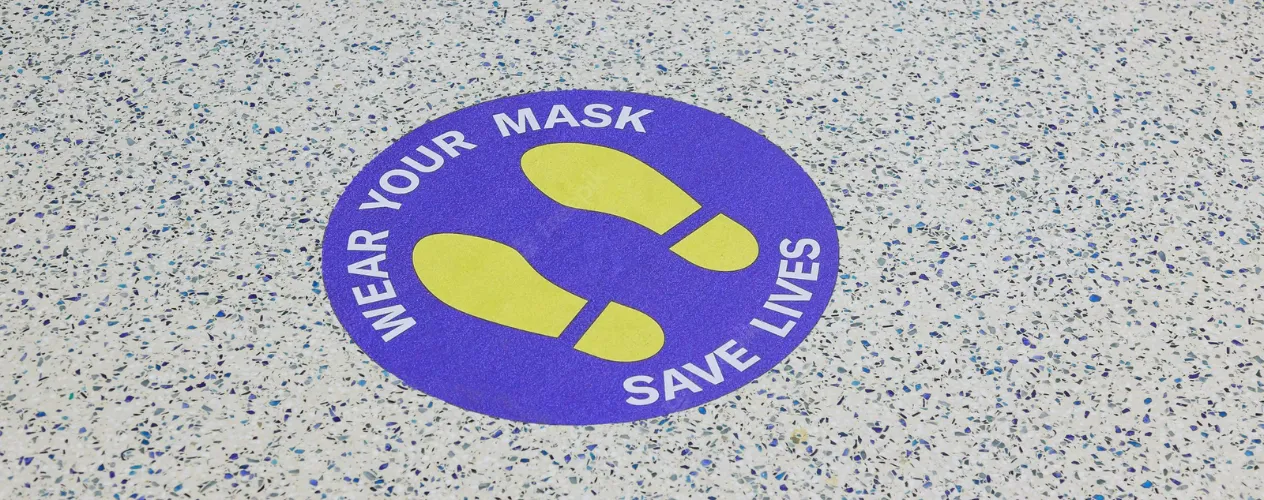
We’ve gone from Operation Warp Speed to Operation Slam Brakes. Throughout the coronavirus pandemic, Congress has moved fast (by its standards) to provide trillions of dollars for response (generous by any standard). But now, with the country seeing plunging rates of cases, hospitalizations and deaths, there appears to be a limited appetite for doing more.
A last-minute deal to provide $15 billion for health costs fell apart before last week’s $1.5 trillion spending bill was passed. That will have almost immediate consequences. Money to pay for testing for uninsured patients will dry up within weeks, while funding for vaccinations for the uninsured will end within months. Spending on monoclonal antibodies will drop by nearly a third this week and run out entirely by the fall.
“I think this is a deadly mistake,” says David Eisenman, a physician at the UCLA Fielding School of Public Health. “Congress is making a potentially deadly mistake by waiting to invest until there’s another surge.”
Faculty Referenced by this Article
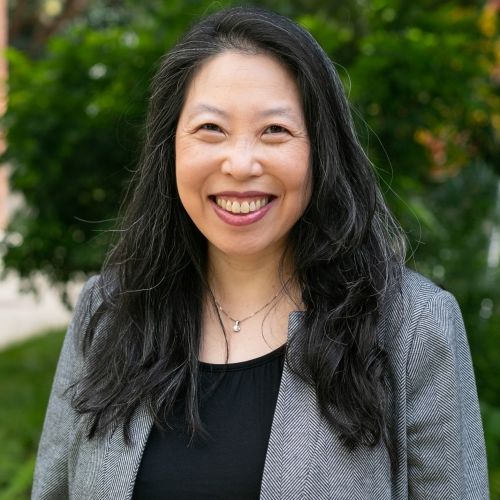
Assistant Dean for Research & Adjunct Associate Professor of Community Health Sciences

Robert J. Kim-Farley, MD, MPH, is a Professor-in-Residence with joint appointments in the Departments of Epidemiology and Community Health Sciences
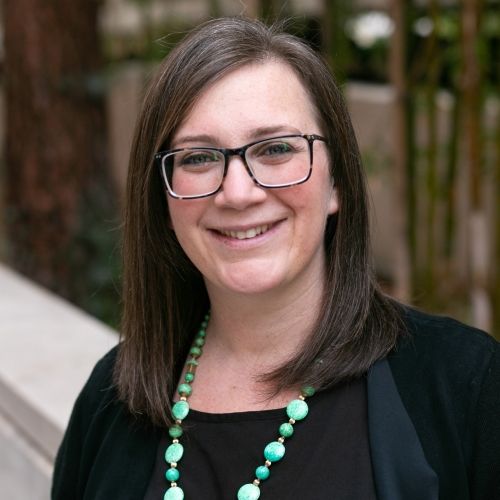
Director of Field Studies and Applied Professional Training

Professor of Community Health Sciences & Health Policy and Management, and Associate Dean for Research
